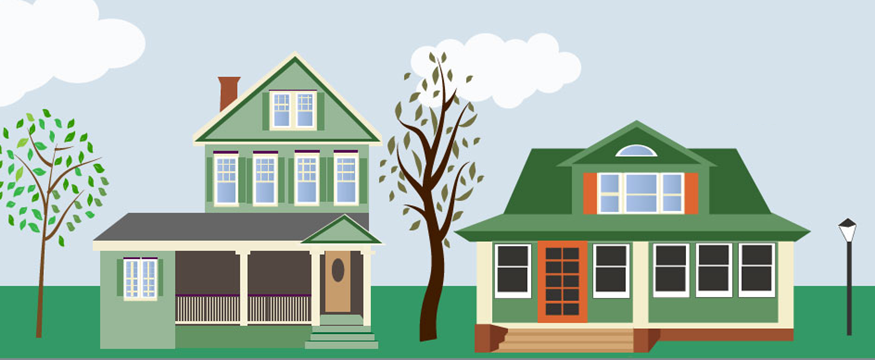Understanding the Pros and Cons of Reverse Mortgages
A reverse mortgage can play an important role during one’s retirement. It gives you an option for having additional, regular income streams to help support you after you stop working. But it does require something very significant, your home’s equity, so the decision to obtain a reverse mortgage shouldn’t be taken lightly.
With that in mind, here are some of the pros and cons of reverse mortgages.
Pros of a Reverse Mortgage
The biggest benefit of a reverse mortgage is that it provides you with an additional source of income. How that works is that a company will effectively buy your home from you, paying you a monthly mortgage payment as if you were a lender. During that time, you get to stay in your home.
Additionally, any reverse mortgage payments that you receive are not treated as income, so you will not owe any income taxes on that amount.
Homes used for a reverse mortgage can even be passed down to heirs after the owner’s death as the lender never assumes ownership of the property as long as the associated debt is repaid. They can inherit the home and either keep any remaining equity after the sale, once the reverse mortgage is paid off, or keep the house and simply pay off the reverse mortgage. This is similar to having a person inherit a property that still has a traditional mortgage associated with it.
In some cases, the interest rate for a reverse mortgage can be lower than a traditional mortgage. This makes it easier to pay off if the home is sold or if the owner passes away and the house is inherited by a family member.
Cons of a Reverse Mortgage
There are drawbacks to a reverse mortgage. First, it does involve acquiring debt, and the balance owed gets larger with every payment you receive as well as with the accrual of interest.
Additionally, there are a variety of fees associated with acquiring a reverse mortgage, including origination fees, appraisal costs, title insurance, and closing costs. Some of these can be significantly higher than traditional mortgages, and the total of these expenses is rolled into the loan at the beginning.
You also must pay back the loan immediately if you choose to sell the property or move out of the home for a period of more than one year. While this may not seem like an issue on the surface, it can be devastating if you need to move into a long-term care facility.
Finally, a reverse mortgage does have a negative impact on your estate. It decreases the amount of equity associated with the property, which means your heirs won’t receive as much financial support after your passing.
Whether a reverse mortgage is right for you depends on your unique situation and personal priorities. At times, they can be a solid vehicle for additional financial security during retirement, but only if you are comfortable with the drawbacks of the arrangement.
Don't really want a reverse mortgage but finances are tight?
Many home owners are scared off by a reverse mortgage and only consider them because finances are tight and they just need a little bit of help with their monthly budget. If you don't really want to enter a reverse mortgage, there are other ways to get help with monthly bills. Visit the link provided or explore this site for a number of options to help with monthly budgets and finance.

